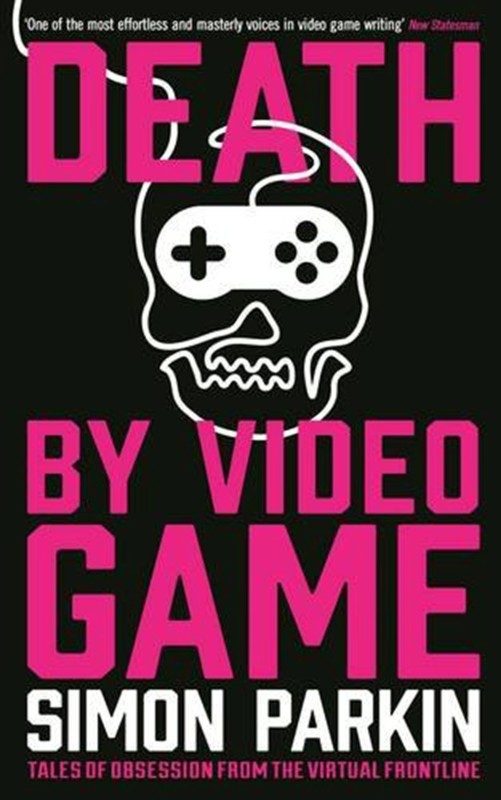 Death by Video Game
Death by Video Game
by Simon Parkin
Allen & Unwin
In 1858 the San Antonio Texan newspaper printed an article on the dangers of reading novels, particularly romance novels. Sometime later, experts warned that indulging in watching too much television was the cause of many of society’s ills. Now video games are seen as not only merit-less time wasters and corrupting influences but also as being deadly.
“Escapism is a powerful force” says Simon Parkin who has spent more than a decade playing, researching and writing about video games. He sees that some young people become so enmeshed that they “emigrate from reality into their virtual dimensions beyond the natural limits of their well-being”.
Like novels and television, video games do replace the real world but they go further than that by involving the player. Parkin looks at how players become hooked on winning and the psychology that makes people become addicted to gaming. He also looks at the personal, professional and even spiritual tolls.
Then Parkin delves into the social and political systems that are embedded in games and is full of admiration for the virtual worlds and what people can accomplish in them. He sees some games as opportunities for people to experience alternative realities including becoming a gay character in ‘The Sims’.
Using stories from other gamers as well as his own, he looks at how gamers’ experiences have changed since the basic survival modes of Space Invaders and Pac-Man. As games have become more realistic, they include some interesting life-issues to be tackled.
While the romance novel allowed the reader to escape into the lives of others, modern-day games allow a sense of control; offer a refuge from the outside world; allow people to work through issues and express themselves. Parkin’s tales of gaming obsession make for fascinating reading as well as giving insight to the games we play.
Lezly Herbert
 If you like ‘Death by Video Games’ you might also want to take a look at Steven Johnson’s ‘Everything Bad Is Good For You’.
If you like ‘Death by Video Games’ you might also want to take a look at Steven Johnson’s ‘Everything Bad Is Good For You’.
This 2005 book argues that popular culture like television and computer games have become very complex and are rich cultural experiences.





